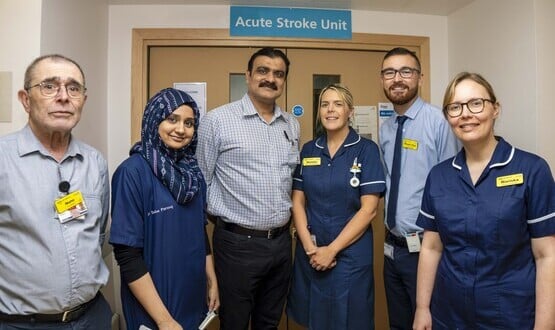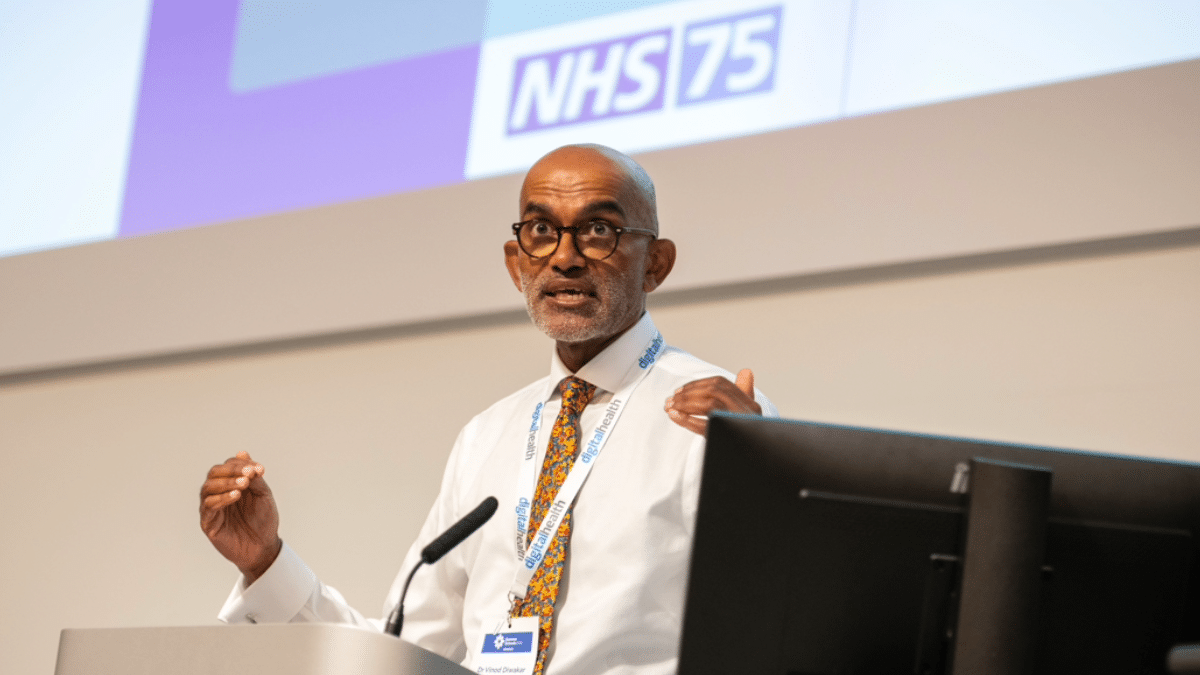Mixed digital ambitions for STPs
- 28 November 2016

The publication of further sustainability and transformation plans has revealed varying ambitions for the digital transformation of health services across England.
Some 34 STPs – of a total of 44 – have now been published, often on council websites. Digital Health News has analysed 11 – a quarter of the total – all five in London and six from across the rest of England.
While all of the non-London plans include a ‘digital’ section that mentions the need for better analytics, shared care records, better public access to transactional services such as appointment booking, and new self-monitoring and advice services, they vary greatly in the emphasis that they place on them.
Bedford, Luton and Milton Keynes STP, which is one of the most advanced documents, with priorities backed up by investment cases and implementation plans, prioritises investment in analytics to underpin its ambition for local organisations to adopt an accountable care approach.
The STP notes it will also need “convergence of hospital systems” to enable its acute hospitals to operate as one organisation on three sites, an “interoperability framework via a Health Information Exchange” and a raft of decision support and self-care investments.
Durham, Darlington, Teeside, Hambleton, Richmondshire and Whitby STP puts more emphasis on shared care records, giving a prominent role to the implementation of the Great North Care Record as a vehicle to “make information more widely available and accessible to support frontline care, individual self-management, planning and research.”
Three STPs note that they already have foundations to build on in this space. Birmingham and Solihull STP says it already has a shared care record live with 500,000 patients and four acute hospitals.
It wants to extend this to its entire 1.8 million population over the next nine months. It also wants to add a data sharing platform and remote and mobile working within 24 months.
Lancashire and South Cumbria STP, which has invested heavily in an ‘air traffic control’ to streamline referrals and information sharing, says it will continue to focus on this as it reconfigures its acute hospitals, while investing in self-care and “technology enabled care to support independence.”
Hampshire and Isle of Wight STP, which has similarly invested a decade in creating the Hampshire Health Record, says it now wants to develop a “population-wide population health data infrastructure” to support risk stratification, while working on digital interactions with local people.
The STPs are being drawn up to address immediate financial challenges in the health service, and to take forward the ‘Five Year Forward View’, which says that without action a gap between NHS funding, demand and costs could reach £30 billion by 2020-21.
The government is committing £8 billion to close the gap, and central NHS bodies are expected to find £7 billion, leaving local NHS organisations to find £15 billion. Most of the plans also take account of the funding crisis in social care.
The Forward View emphasises the need for a renewed effort on prevention and on trying new models of commissioning and integration to close the gap.
But while the STPs acknowledge these priorities, and their IT implications, most emphasise trust cost improvement programmes as the biggest component of their plans to close their financial gaps.
In Durham that gap is £281 million, in Bedford £311 million, in Birmingham £712 million, in Hampshire £719 million, in Lancashire £572 million, and in Buckinghamshire £479 million.
Hospital closures and reconfigurations also play a significant role in Hampshire, Durham and Lancashire. In line with this emphasis on CIPs and closures as the route to deliver efficiencies, most of the STPs identify technology as an 'enabler' for other changes.
As a result, they indicate they will need funding to progress their digital plans. Buckinghamshire, Oxfordshire and Berkshire STP says it has costed its digital work stream at £26.8 million. “No savings have been identified in relation to this work stream,” it adds.
“Some projects… will support more efficient ways of working for clinicians or support ease of use for patients, but the benefits are non-cash releasing to the economy.”




